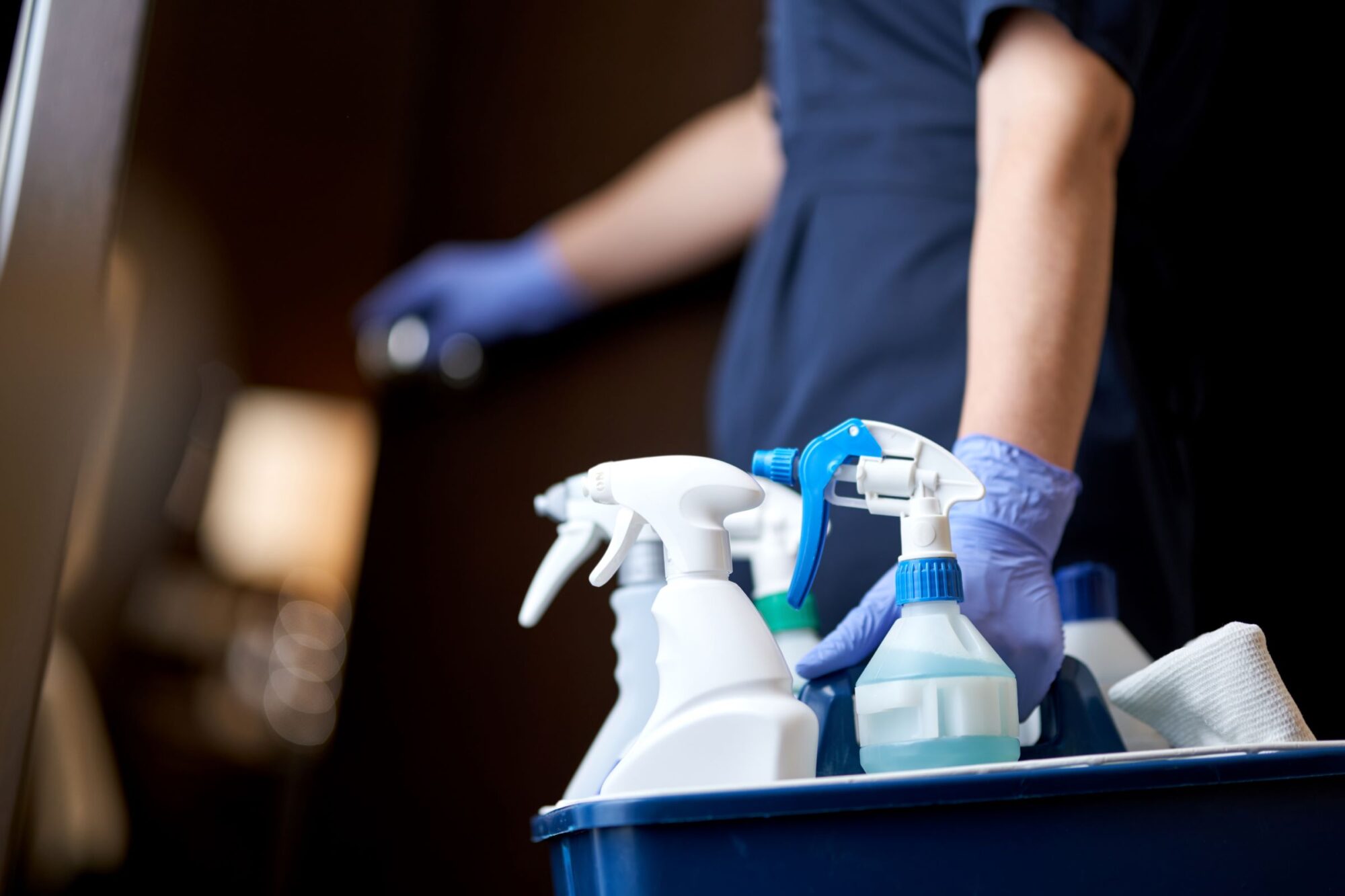I ask, because whenever you quiz someone as to how they ended up in cleaning, they almost always say it was by accident. And yet in five years’ time, how satisfying it would be to hear people answer that it was because they thought the industry was going places and that they saw a real opportunity within cleaning to develop their professional skills in operations, HR, finance, IT, or sales.
Make no mistake, as an industry we are going through exciting times. The challenges of COVID, the announcement of the APPG, the unstoppable march of technology – they are all shaking up our industry right now. Of all the developments, however, it is surely technology that has the greatest potential to turn our industry into a sought-after career choice.
The catalogue of technological innovation is impressive. Robotic cleaning equipment, chemical-free cleaning techniques, smartphone apps to communicate with staff and deliver training, the ‘Internet of Things’ to track assets and manage washroom stocks, contactless tagging to prove an area has been cleaned, business management software to manage our complex ‘back office’ – they are all outstanding achievements, and I particularly like the way they often do not simply replace human activity but bring humans and science together. In fact, it makes me ask why we have suddenly experienced what seems like such a massive leap in technology and I put it down to two things. One must be the low start point – 10 years ago, cleaning was rightly perceived as an extremely low-tech industry. The second is that the very nature of our work – 95% of staff working remotely at thousands of different customer locations – must have meant that innovation, particularly software-driven, was just too difficult and too expensive to apply to our unique, fragmented style of operation.
Which brings me to my point: innovation is all very welcome, but how do we leverage the influx of technology to go one step further and attract new people to our industry? I rather suspect it will not be easy. So many decisions in life are down to perception and choosing a career is no different. There is too much going on in our world for people to suddenly notice that cleaning has undergone a transformation and is as technologically enabled as other industries already regarded as hi-tech. We need to get the message out.
It goes without saying that publicity and education are key, and we can look in part to our excellent trade bodies to lead the charge on this front. However, to perform a makeover on the image of cleaning is no easy task. As well as promoting the industry as a whole through the media and political establishments, we should be encouraging the professionals within our companies – our excellent operations managers, accountants, HR managers, IT specialists, sales and bid managers – to work through their respective professional networks and associations to raise the profile of cleaning, whether that’s by giving talks to university or college students, creating case studies for their professional magazines, or talking up the professional qualifications our industry provides.
The simple fact is that our traditional labour supply is shrinking as routes into the industry for non-UK nationals are restricted. We need to bring cleaning into the spotlight as a place to work, whether that be establishing a career at the bottom rung of the ladder and working your way up, joining as a young manager, or switching from another industry in mid-career. Otherwise, we will be a technologically advanced industry with excellent opportunities for personal development, but with no-one to develop.
Published in July issue of Tomorrow’s FM.
